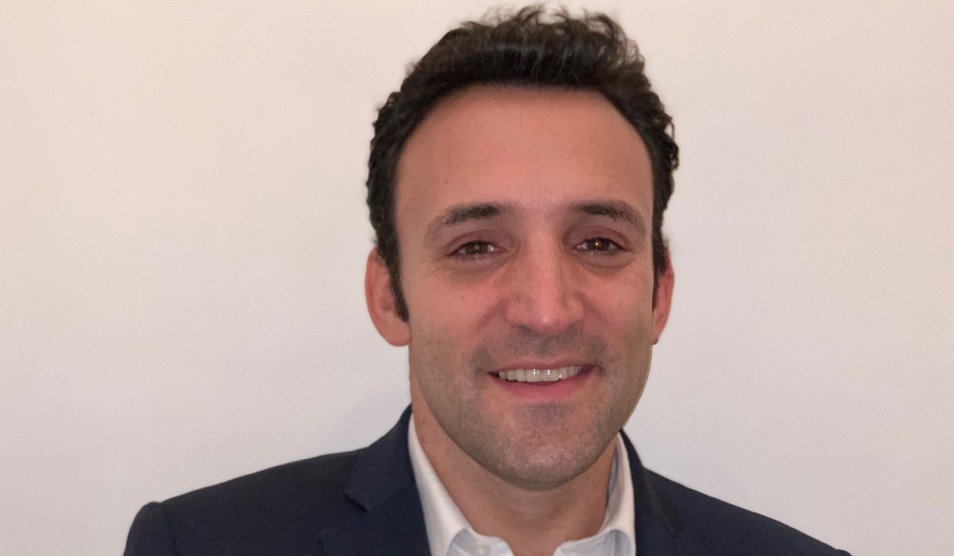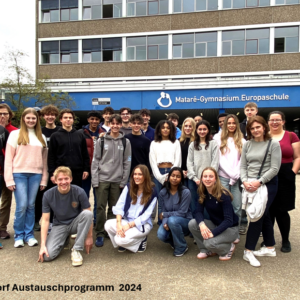We were pleased to be joined via Zoom by Mr Nic Alexander, Consultant Neonatal and Paediatric Surgeon, Imperial College Healthcare NHS Trust. During the session Mr Alexander answered students’ questions on the Coronavirus pandemic and used the time to bust some of the many myths that have been circulating online.
Mr Alexander explained that the virus probably originated in a bat but not from someone eating it. It was more likely from someone eating another animal (possibly a pangolin), which had eaten an infected bat. One of the amazing things about this particular coronavirus is its ability to skip through species and replicate itself through a variety of hosts – this is unusual.
The virus can’t be treated with antibiotics, anti-malaria medication or gargling with saltwater.
The weather doesn’t affect the spread of the virus. The concern now troubling the medical community is how they will cope with the uptake of illness in the winter months when other viruses will be more prevalent.
There’s not much you can do to combat the virus once you have it. Which is why following the rules of lockdown and maintaining good hygiene is so important.
The virus doesn’t come from mobile phone masts, what we eat, hot water, cold water or Bill Gates!
Mr Alexander acknowledged that people were scared and that the lack of understanding about the virus has led to lots of misinformation. He wanted to hold these sessions to help students understand the current reality and to reject all the ‘fake news’ they might be hearing.
He felt that the UK has done ‘pretty well’ in responding to the pandemic. Our population is very different to other countries in terms of make-up and geographical distribution and the government have based their response on science and predictive modelling specific to our population. The fact that the Nightingale Hospital wasn’t full attested to the fact that things were starting to improve for now.
Alluding to the fact that other countries reported different infection and death rates, Mr Alexander commented that countries reported deaths differently, for example in Germany COVID-19 was not referenced as a cause of death if the patient had any pre-existing health conditions before contracting the illness, which would suggest fewer COVID-19 deaths than was actually the case. Similarly, Africa appeared to have much lower levels of the virus but they also had much less testing (in some cases no testing at all) which would obviously affect the numbers being reported.
In the UK there appeared to be a higher incidence of deaths amongst ethnic minorities, possibly because those communities tended to live in closer clusters. Also, they tended to have higher levels of obesity, diabetes and hypertension all of which affect mortality rates of people with the virus.
Hospitals are surprisingly quieter than normal as people are not coming in with the usual issues such as appendicitis, meningitis, brain tumours, etc. so doctors were wondering what problems they were likely to see in the future. Where have all the other patients gone?
Children do not seem to be as affected by the virus as adults and so there was some discussion about whether schools would reopen soon, although we were reminded that of course there were plenty of adults in schools who would then be exposed to greater risk!
One question centred on post infection immunity which is something the medical profession are trying to identify. At present we don’t know if people can catch the virus more than once and finding neutralising antibodies is part of the scientific research underway now. It was also interesting to hear that boys seems to be sicker than girls when they are infected – this is more likely to be something to do with the host’s response to the virus than the virus itself but definitely something for the scientists to ponder.
Mr Alexander also talked about the importance of herd immunity and a vaccination programme which we can likely expect next year. Also, testing is key as another virus was in circulation at the same time as the pandemic started which had all the same symptoms, so we won’t know if someone has had COVID-19 without formal testing. Whilst COVID-19 is unlikely to damage your immune system it can have long-term health implications if your lungs are damaged as it can cause fibrosis and lead to long-term lung disease. All in all, it’s a scary virus.
Our thanks go to Mr Alexander for sparing the time to talk to us about this incredibly important topic. We will give the final word to a member of our Sixth Form who said of the session, ‘I found it really insightful and it definitely helped clear up a lot of misconceptions’.









